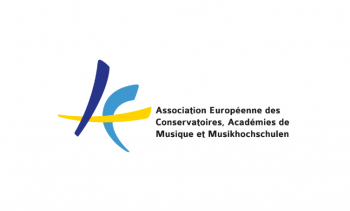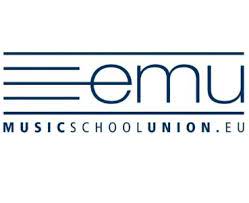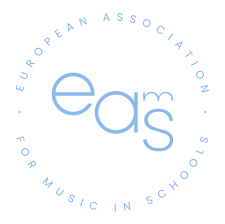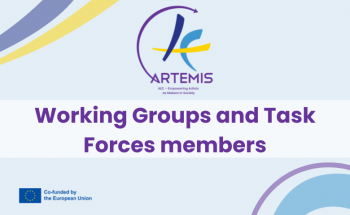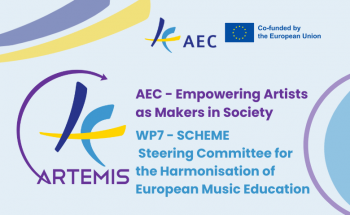SCHEME – Steering Committee for the Harmonisation of European Music Education
Background
- The SCHEME (Steering Committee for the Harmonisation of European Music Education) was originally set up as a group to operationally manage the collaboration between AEC (European Association of Conservatoires), EAS (European Association for Music in Schools) and EMU (European Music School Union) within the framework of the FULLSCORE project.
- SCHEME emerged as a successor to FULLSCORE, which held its last meeting on June 10, 2017. A year later, on June 9, 2018, representatives of the three associations met again during the European Music Council (EMC) annual meeting in Oslo and agreed to continue cooperation under the new banner of SCHEME. Since then, SCHEME has committed to meeting at least once or twice a year to facilitate ongoing collaboration and dialogue among its members.
- Joining their forces, AEC, EAS, and EMU represent the full spectrum of music education (in particular in its institutionalized offerings) from early music education to lifelong learning and from the provision of educational programs for amateurs to high-end professional training.
- In addition to the continuation of the cooperation in the field of music education, the SCHEME Follow-up WG should focus on coordinated actions to further implement the European Agenda for Music, which aims to converge the European music sector’s many voices in order to establish an ongoing dialogue between policymakers and music sector stakeholders.
The Steering Committee for the Harmonisation of European Music Education (SCHEME) is composed of:
- Isolde MALMBERG, EAS former President, EAS – European Association for Music in Schools
- Marina GALL, EAS President, EAS – European Association for Music in Schools
- Till SKORUPPA, EMU Secretary General, EMU – European Music School Union
- Michaela HAHN, EMU President, EMU – European Music School Union
- Jeffrey SHARKEY, AEC Vice-President, AEC Executive Committee representative
- Finn SCHUMACKER, AEC Executive Director (WG Chair and Coordinator). Contact here.
Objectives
As part of the ARTEMIS project, SCHEME has investigated the impact of the digital shift, the COVID crisis, social developments, and societal trends (related to e.g. audience engagement/audience development, the diversity of cultural needs, migration, the idea of European cultural citizenship as presented by the Porto Santo Charter, climate change, etc.) on the tasks, skills, and responsibilities of future music teachers in the formal music education sector (classroom teachers, music schools)
Examined what this means for teacher education and produced a policy paper. The purpose of the policy paper is to provide these organisations, institutions and later civil servants and decision-makers with an overview of the challenges, propose necessary changes and create a picture of the positive effects that this work will have.
The potential impact of the policy paper would be a significantly improved music education sector, which will lead to:
- a stronger and more diverse music life for the benefit of all people
- improved status of music teachers, which will lead to positive development and increased demand for the profession
- improved diversity, equity and inclusion in primary and secondary education as well as in music schools
- greater reach of music education in general (audience development)
- strengthened social cohesion for children, young people and other communities
- enhanced individual well-being and cognitive development for children and young people
In order to achieve the aforementioned goals, the SCHEME Committee is:
- Regularly holding contact through a series of high-level joint meetings designed to deepen mutual understanding, and reinforce knowledge management and cooperative expertise between the three organisations.
- Exchanging information between the administrative centers of each organisation (AEC, EAS, and EMU) that are in charge of the task of disseminating information to their respective members.
- Sharing any relevant existing data, documentation, research results, etc. relating to European music education in all forms and at all levels.
To view the AEC, EAS, and EMU joint agenda, shared vision, as well as their priorities regarding music education and access to music, click here.
Watch the webinar recording of “European Agenda for Access to Music Education” (5th February 2022), which discussed the topics of diversity, reaching out to new audiences, the social relevance of music and music education, smart and creative use of digital means


